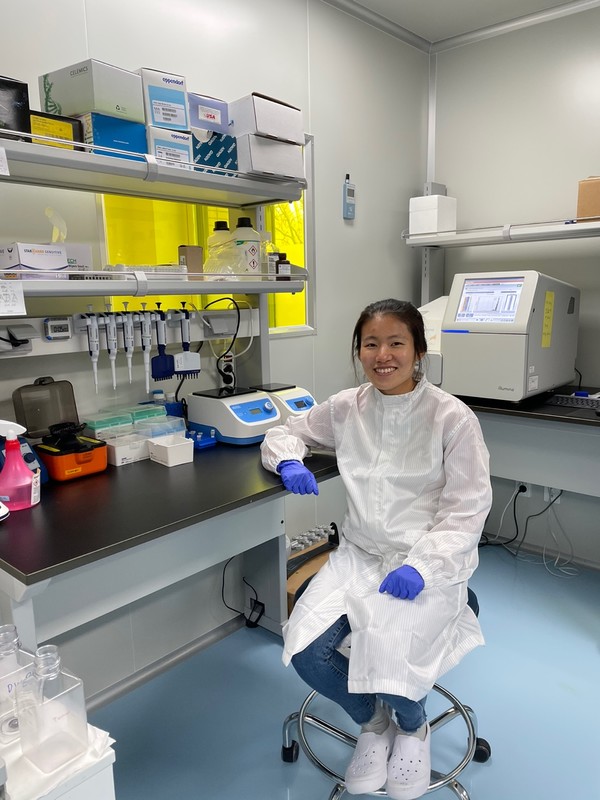A research team of the Korea Advanced Institute of Science and Technology and Stanley Medical Research Institute of the U.S. has discovered that a brain-specific, acquired genetic variation contributes significantly to the occurrence of schizophrenia.
The team found the genetic mutation in schizophrenia patients’ brains by applying the “whole-exome sequencing” method to dead brain tissues. Obtained from 27 patients, the analysis pipeline has been established to accurately detect low-frequency somatic gene mutation through high-intensity exome-gene sequence analytic technique.
Korean researchers were led by three KAIST Professors -- Lee Jung-ho, Kim Myung-hee and Kim Il-bin.

The joint research team also found that brain-specific gene mutation found in the brain tissue in schizophrenia patients was mainly distributed in brain tissue, which plays a crucial role in brain neural information exchange and nerve development. The finding indicates that a patient’s somatic gene mutation could cause schizophrenia.
Schizophrenia is one of the more common mental disorders, occurring in one in every hundred people worldwide. However, its fundamental cause has yet to be found. Existing studies have researched patients’ peripheral tissue, blood, or saliva, but the exact genetic cause for schizophrenia could not be seen from blood or saliva.
“We are happy to move one step closer to discovering schizophrenia’s root cause,” said Professor Kim, the main author of the study. “We hope that the study will help find out more about its fundamental cause to ease patients’ pain.”
The findings are expected to contribute to studies of other neuropsychiatric diseases in the future, as they identified a new pathogenic mechanism and suggested a new framework for schizophrenia.
The study results were published in Biological Psychiatry on March 9.

